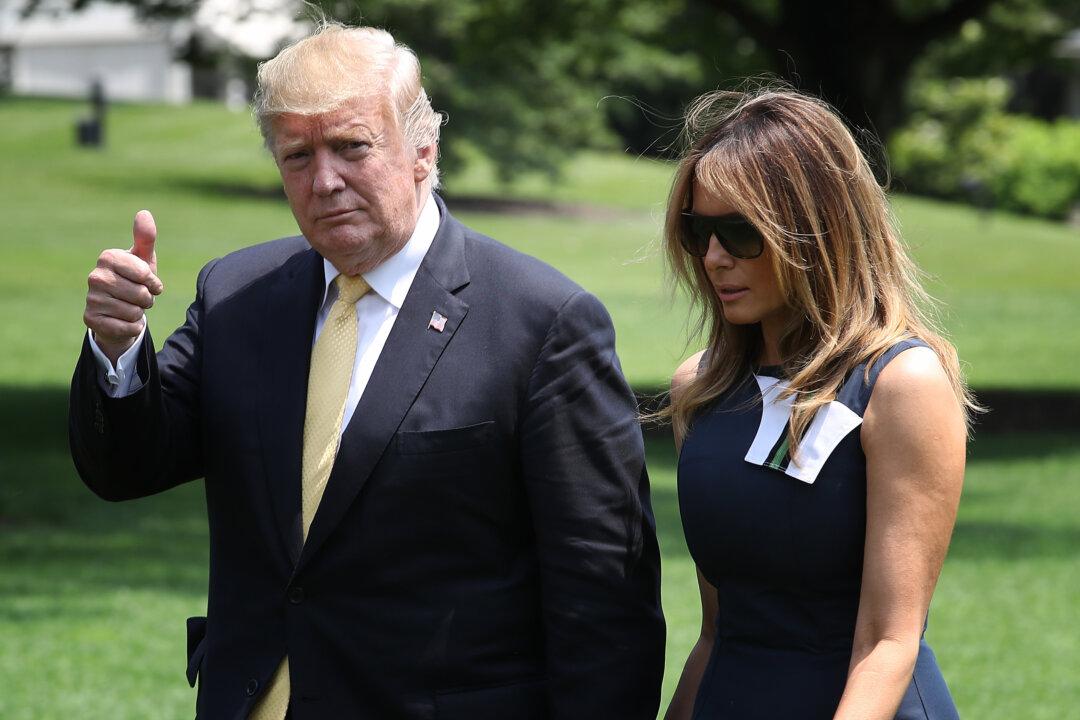President Donald Trump responded to special counsel Robert Mueller’s announcement on May 29 that the special counsel’s office is formally closed and that the Russia investigation is completed.
“Nothing changes from the Mueller Report,” Trump wrote on Twitter. “There was insufficient evidence and therefore, in our Country, a person is innocent. The case is closed! Thank you.”





